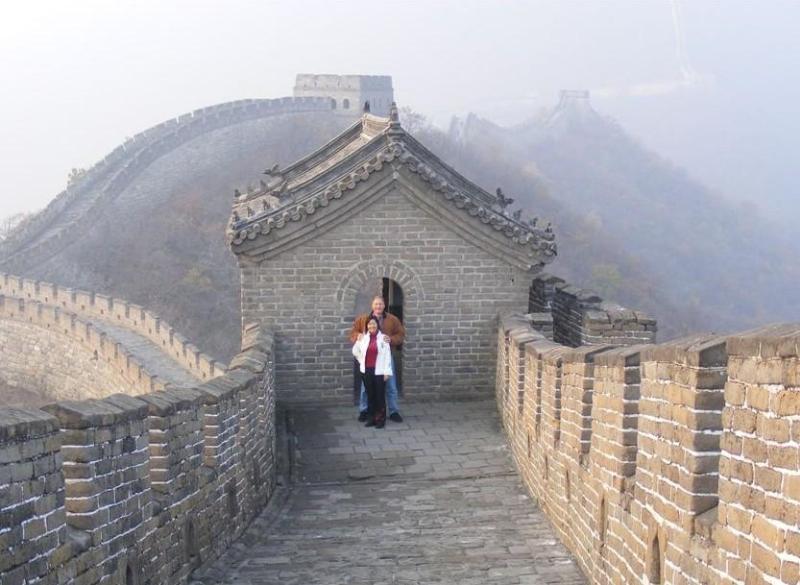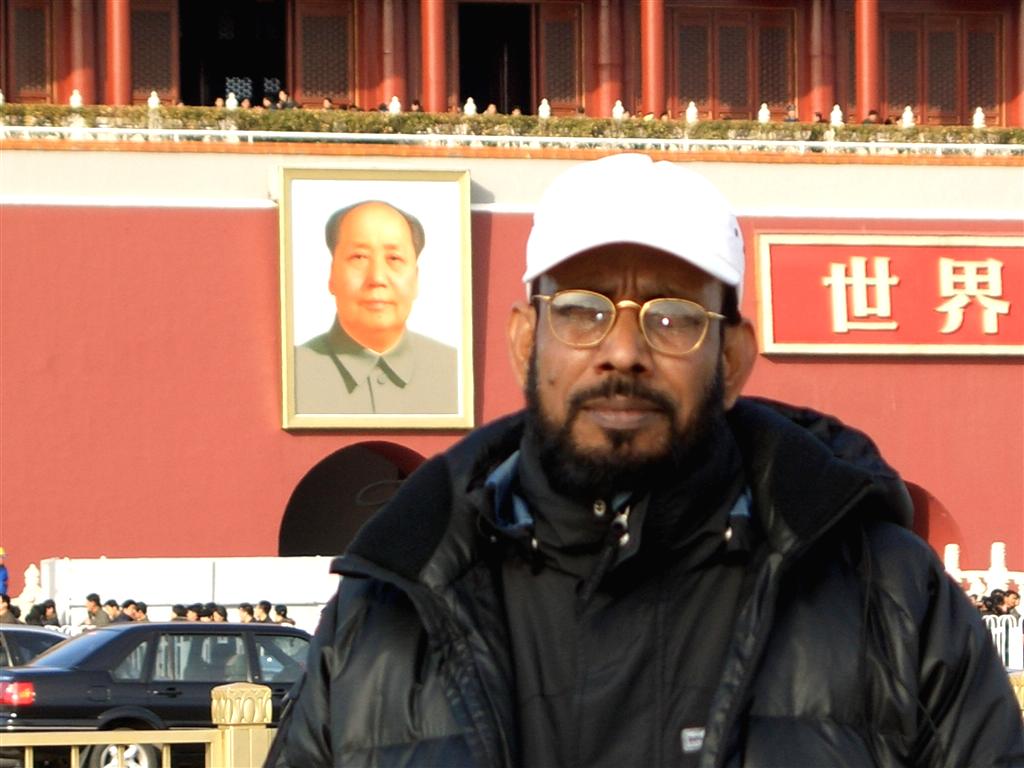| Is the Chinese language dead? | |
|---|---|
| Feb 20, 2007 18:44 | |
 | No offense is intended here.... But in discussing the Chinese language with a friend yesterday, the question I posed here came into my mind: Is Chinese a dead language? Obviously, it is still in wide usage...so in that regard is certainly is NOT dead. However, does the Chinese language invent new words? Or does it only use existing words to describe new things? Consider these words: network - 联机.....联 - unite/join 机 - machine radio - 无线电.....无 - without/nothingness 线 - line/thread 电 - lightening/electricity airplane - 飞机.....飞 - fly 机 - machine skeet - word not found in the Wenlin dictionary - however my translator gave me this meaning "shooting the flying disk" biotechnology - word not found in the Wenlin dictionary bytes - word not found in the Wenlin dictionary How would the Chinese language invent new words? Wouldn't new characters need to be created? Is the lack of such a mechanism an indication that the Chinese language is dead? Or is there such a mechanism in place and I simply do not know of it. What happens when China - which is educating far more citizens in the sciences than the United States - over takes American dominance of technology and begins to be the creator of new technologies... How will those Chinese inventors pick new words for their inventions? I hope you have as much fun thinking about this as me...  |
| Feb 21, 2007 04:24 | |
 | Fact. The Chinese language is alive and well and very dynamic in its growth and transformation. As a language, Chinese is the single most commonly spoken language on the planet. It is spoken in China, Singapore, and Malaysia. As well as by ethnic Chinese throughout the world. It is usually said that about 3,000 characters are needed for basic literacy in Chinese, and a well-educated person will know well in excess of 4,000 to 5,000 characters. Note that it is not necessary to know a character for every known word of Chinese, as the majority of modern Chinese words are bimorphemic compounds, that is, they are made up of two, usually common, characters. The complete Chinese writing system consists of from 40,000-70,000 characters (accurate estimates are difficult) each representing a one-syllable word. Modern dictionaries contain only up to about 8500 characters. Because Chinese is not an alphabetic language, composing a Chinese dictionary is a substantial challenge for lexicographers. Point, not every word is yet represented in the dictionary. Some characters have died out as the words that they represented have become obsolete. New characters and new combinations of characters are continually being created to express new words that have entered into the vocabulary. Common Chinese words are particularly flexible. In many cases, Chinese characters shed their meaning because they are used to transliterate foreign words and names. Also, as in English, a few Chinese characters represent more than one morpheme. Further, there are two other principles which have governed how existing characters might assume new meanings/words. One is 轉注, literally "transfer into," which covered characters whose original meanings were extended, typically metaphorically, into newer, often more general senses. The other principle is 假借 , literally "false borrowing": In these cases, a character with an already established meaning was "borrowed" to cover a second unrelated morpheme for which there existed as yet no written character. As China changes, the language of daily life is also changing dramatically. Some scholars say 1,000 new words are added yearly – a mix of global pop-speak, creative Internet usage, Western business terms, and new advertising phrases. I am quoting a TV broadcaster in Shanghai, who says, "The language is changing so fast, that it changes nearly every week, friends use so many new words that when we meet, that is practically all we talk about." The 2006 Dictionary of Modern Chinese contains a thick pack of pink addendum sheets – 48 pages of new words added to the Chinese lexicon. Therefore, it should be obvious, that the Chinese language is very much alive and it is very dynamic with respect to a mechanism for change and for keeping up with the rest of the modern world. I think Chinese will always share the stage with English as a dominant world language. |
| Feb 21, 2007 08:11 | |
 | If I'm getting this right you're defining a language as "dead" by its lack of "un-inventiveness". Ahh, linguists the world over cringe and get that back-of-the-neck bristling thing going at statements like this. How exactly are you defining "inventiveness". From the examples you gave, apply your reasoning to english. Is English inventing any new words? How many words are in our lexicon that are borrowed or stemmed from other languages (especially in the realm of medicine, which you cited)? What exactly does it take for a word to be considered "invented" as separate from "evolved"? Inventiveness is not a criterion for "alive" or "dead" particularly because it never really happens that a language stops being inventive (unless it's dead--meaning there aren't any speakers alive). Consider the multitudes of dialects in China...dialectal stranding is oral inventiveness in a nutshell. And rogerinca makes good points at the end of his post as well. rest easy, Griz. |
| Feb 21, 2007 10:37 | |
 | ...so which comes first...the spoken word or the character? |
| Feb 22, 2007 01:55 | |
 | “Spoken words are the symbols of mental experiences, and written words are the symbols of spoken words” (Aristotle) “Speech Comes Before Writing” (Jacques Derrida) |
| Feb 22, 2007 12:37 | |
 | Olds are gold So Roger think about Griz-- ? He is gold. |
| Feb 24, 2007 09:33 | |
 | I'm with Stocktov on this one. The language is more alive because it does not utilise foreign words. This is infuriating in technical areas where 90% of people in the relevant area around the world use international words and phrases, But not in China I don't know much about how China chooses new phrases and characters...but Net cafe/bar translates as Wang ba and uses the characters for net and one of the characters for 'ba' (I don't know which one). ....so I was told! Anyway, it should mean they avoid some of the modern 'English' that a certain nation thrusts on the rest of us... like, 'pushing the envelope', 'throw the cat in the air and see which way it falls', burglarize (when there was already a perfectly good word, burgle), sick - meaning fantastic. Nothing personal Griz! |
| Feb 25, 2007 18:04 | |
 | This is my post above; for some reason the system will sometimes not show the ID of the member ?? |
| Feb 25, 2007 21:59 | |
 | That means guest16954 is Roger ?? |
| Feb 25, 2007 23:58 | |
 | I was given the 'boot' by the computer, before I finished my post, so it logged me as a guest !! But, then again, my writing style is so distinctive, that it doesn't matter if I am logged in or not; most will immediately be able to 'name that author' by the end of the first sentence !! LOL Maybe member Stocktov, has a professional name/definition for that aspect !!?? LOL :) |
Page 1 of 5 < Previous Next > Page:
Post a Reply to: Is the Chinese language dead?










 Copyright © 1998-2026 All rights reserved.
Copyright © 1998-2026 All rights reserved.